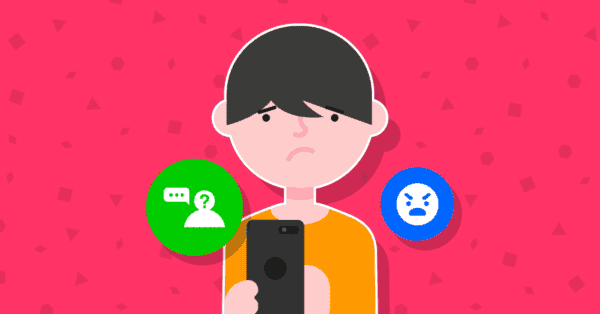Use of in-game and in-app purchases
Online video games require relatively complex hardware to participate in, along with a high-speed internet connection. This can create the perception that you need the most up to date technology for your child.
However, there are a wide range of ways that your child can play video games online without breaking the bank. Tablet devices and older smartphones are a good example of this. Even older models can offer a comprehensive way to enjoy video games online. Apps such as Roblox can offer children access to the game even on lower-end devices.
In-game and in-app purchases and freemium games
Other costs that parents should be aware of are those that crop up after the initial purchase or download of the game. An increasingly popular way to fund game development is to offer games for free but then charge for content or characters in the game – these are called freemium games. Fortnite is an example of a free game making a lot money from it’s in-game purchases that unlock new outfits and dances.
Skin gambling [Betting] – What is it?
In some instances, these transactions (sometimes called Loot Boxes) offer a chance to win an in-game item of varying value to the player. This can appear similar to gambling as there is luck involved as to which item the player will get. Also, some games like Rocket League have historically presented these items in a “fruit machine” style, spin to win.
From a Gambling Commission perspective, this is not actually gambling because there is no monetary value of the items won outside the game. If it was considered gambling it could not be marketed to children.
This means that some countries, such as Belgium have outlawed the use of “loot boxes” in games because they are seen as gambling aimed at children. There is no consensus more widely available, though. In the UK and US, games are now labeled as having In-App purchases as part of the rating system.
An important distinction, that many articles conflate, is between online gaming and online video games. Online gaming usually refers to gambling websites where players can partake in traditional gambling games of cards, dice and slot machines. Online video games are the topic of this section, playing on consoles and PC to offer players a challenge of skill in a virtual world.
Children, who want more in-game currency to purchase loot boxes, are sometimes targeted but unofficial third-party apps offering this in exchange for information. It’s important that parents understand this, educate children, and ensure appropriate passwords are set on credit card details.
Risk of malware on free-to-download games
To avoid un-intentionally downloading apps or free games that may be bundled with malware or spyware it’s important to:
- Check and research apps and games that children plan to download
- Stick to legitimate websites when downloading any game
- Explain risks of downloading ‘free’ games and what to do if something goes wrong
- Set online boundaries and agree which websites and apps are best for them to use








